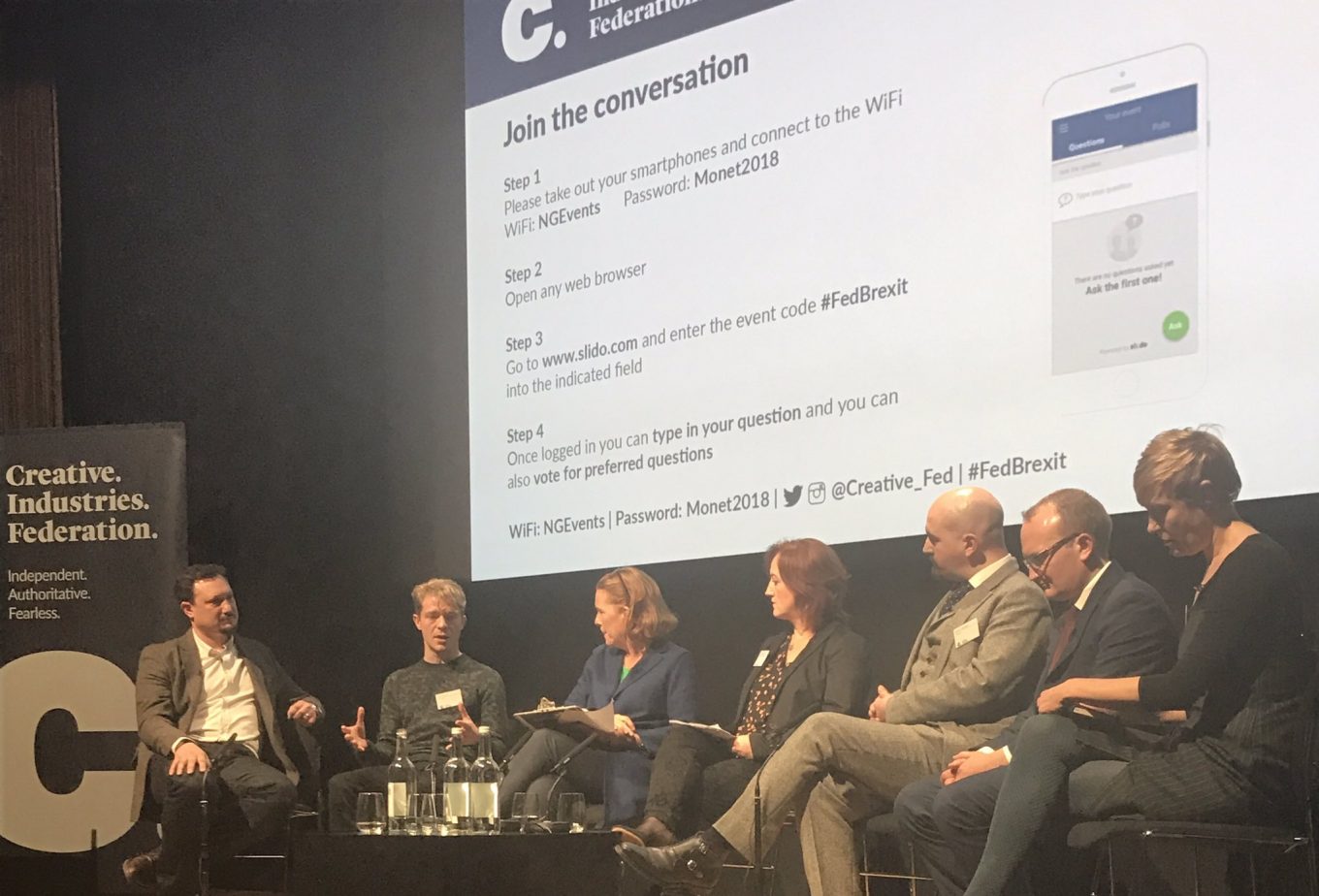From Grief to Opportunity: Brexit and the Creative Industries
This article was written for the Creative Industries Federation’s Brexit Conference on 15 March 2018, which FleishmanHillard Fishburn was delighted to sponsor. Tim Snowball spoke at the event in a session focused on how businesses are preparing for Brexit.

In 1969, the Swiss psychiatrist Elisabeth Kübler-Ross published her famous work on the five stages of grief.
Many in the creative industries might recognise the first four stages in their own reaction to the vote for Brexit: denial – anger – bargaining – depression.
But not all of us have so far felt much rush to embrace the fifth stage of this grieving process: acceptance.
Indeed, some are still looking for a way back, to a softer Brexit or a second referendum. Others will feel gloomy about what being cut off from EU funding, talent or common regulation means for the sector. Or, more profoundly, what the vote for Brexit says about our culture.
While we all recognise that the creative industries face some significant challenges from Brexit, we must be careful not to fall into the Brexiteer’s trap of insularity and introspection.
Accept or not the direction of travel we appear to have taken as a nation, what is still very apparent is that the destination remains uncertain. An optimist might suggest that this leaves a lot to play for.
Let’s be clear, it doesn’t make you a Brexiteer to seek to promote Britain as a global hub for creativity. A strengthened centre for film making, for theatre, for design, for media, for computer gaming, for art and for music. A home for talent, a centre of innovation, a force for change.
It is desirable to look forward and plan for the future, and that can start now.
So, if Brexit means we need to work harder to ensure that the world’s most creative talent is able to come and work here, our job now must be to campaign for a skilled visa category that guarantees this future. After all, it’s not actually Brexit that is putting arbitrary limits on immigration.
If Brexit means we need to improve the domestic creative skills pipeline, well let’s fight for the renewed importance of creative education in the curriculum and apprenticeships that meet the needs of the industry. After all, it wasn’t Brexit that lies behind the design of these policies.
If Brexit means a funding gap is emerging, we need to be bold in making a case for future funding from the Brexit dividend. After all, nowhere on that infamous bus did it say “£350m a week for the arts”.
And if Brexit means we need to work harder to project Britain as a place to come, to be creative, to start and grow creative businesses, to challenge the image that has too often been created for us of late, then, whether at “acceptance” stage or not, we must rise to that challenge together.
Tim Snowball, Head of Public Affairs
Find Out More
-
Platinum CMS Award
March 13, 2024
-
Changing Communications Tack at Mobile World Congress
February 21, 2024


